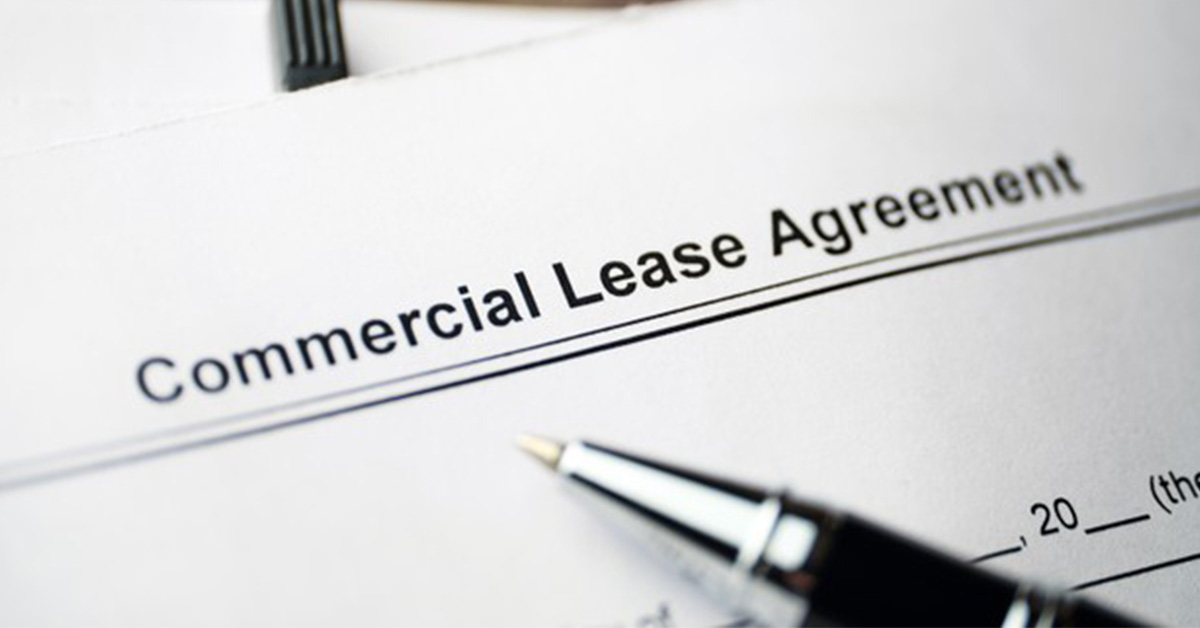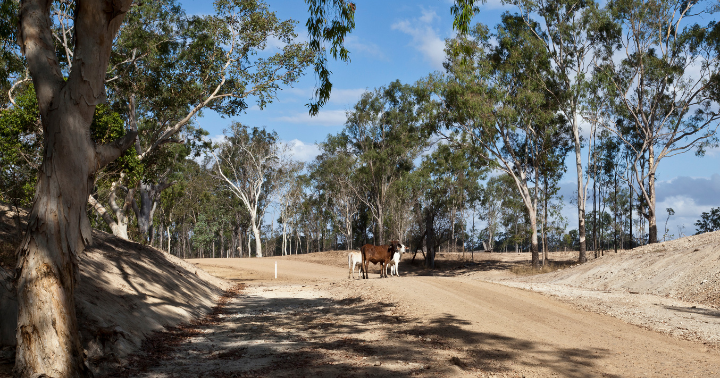
How Your Business Can Avoid a Lease Dispute
At Enterprise Legal, we always say that ‘prevention is better than cure’. So when it comes to commercial, industrial or retail lease disputes, the best way to prevent them is to ensure you understand what you are signing up for in the first place and to negotiate some protections at the time of entering into your lease. After all, a lease is typically one of the biggest financial obligations that your business may need to commit to, keeping in mind that you are usually committed to your obligations for a minimum of three or five years!
Whether you’re a Landlord or Tenant, here are our top five tips to keep in mind when entering into your next lease:
1. Heads of Agreement/Letter of Offer Terms
Quite often, before a lease is prepared, the parties will sign a short document or letter outlining the key terms of the deal. This document is usually referred to as a ‘Heads of Agreement’ or ‘Offer to Lease’ and is often prepared by the real estate agent managing the deal.
Although usually an Offer to Lease is not binding on the parties, it forms the basis of the formal lease terms. This stage of lease negotiations is the best time to negotiate key terms, before either party incurs the expense of preparing and negotiating formal lease documents. If either party seeks to amend terms that are agreed in a Letter of Offer after formal lease documents have been prepared, it can create friction between the Landlord and Tenant at a very early stage in their association.
We recommended that you seek legal advice on the terms of an Offer to Lease, to ensure a smoother lease negotiation process and to avoid the potential for a dispute.
2. Permitted Use
A frequent issue in lease negotiations is whether a Tenant will have the exclusive right to operate their business type (specified as the ‘permitted use’) in the centre/complex. This means that it’s very important for a Landlord to consider whether any Tenant’s proposed use conflicts with any rights the Landlord has already given to existing Tenants in the centre/complex.
A more commonly overlooked issue around permitted use is which party is responsible for ensuring that the intended use can lawfully be conducted from the premises. The widely accepted position in leasing matters is that the Tenant is responsible for all aspects of ensuring their intended use can be carried out from the relevant premises. A Landlord will typically include protections in the Lease under which the Landlord expressly states they do not warrant or guarantee that the premises will be fit for the Tenant’s intended use, and further that the Tenant is obliged to obtain all necessary consents/approvals (i.e. liquor licences, council approval etc) to run their business from the premises.
Landlords should always ensure this protection is included in their Lease and Tenants should understand that it is a matter for them to ensure that the premises will be fit for their specific purpose. To avoid disputes, a Tenant should make enquiries early (prior to signing a lease!) to ensure they can lawfully conduct their business from the premises. Failure to do this can result in having to comply with notices from applicable authorities (eg. Council), which can be extremely expensive!
3. Repairs to Equipment
Another common area of dispute relates to responsibility for fixing certain equipment (such as air-conditioning equipment) in the premises if they need repairing.
A lease should cover off on the responsibility of the parties to maintain equipment, and to repair/replace it when it breaks. Typically, a Tenant is responsible for ‘wear and tear’-related repairs, whereas a Landlord will be required to attend to all repairs or replacement that are of a ‘capital nature’ provided that the Tenant has regularly serviced or maintained that equipment during the Term and has not deliberately or wilfully contributed to the damage. However, that will not always be the case and it is important that both parties check the relevant clauses in their Lease to understand their obligations. It is also beneficial (especially for the Tenant) to take steps to understand the condition of any relevant equipment (such as air conditioning) at the time of entry into the Lease.
4. Insurance
Tenants in particular should always consider the specific wording of any clause in their Lease that deals with insurance obligations, to ensure the Landlord’s requirements will be commercially acceptable to the Tenant, especially in light of their intended business use.
Some practical examples are:
- Where the Lease requires insurance to be taken jointly in the names of the Landlord and Tenant. This seems innocent enough, but the practical reality is that this type of insurance cover can be onerous and expensive for a Tenant to obtain. Realistically, a Landlord generally requires this so that they can receive notice if a Tenant makes a claim on their insurance policy in relation to the Premises. The practical compromise is that the insurance clause should only require the Tenant to note the Landlord as an ‘interested party’, which does not cause extra cost and which requires the insurer to provide notice to the Landlord if any claim is made.
- Where the Lease requires business interruption insurance. This is a ‘big hitter’ as far as the cost of insurance is concerned. A Tenant should consider whether they really require and whether they can afford this type of insurance, before they agree to be bound by a lease to obtain it.
5. Landlord’s Right to Redevelop/Relocate
Landlords of multi-tenant centres or complexes (eg. shopping centres or strip-malls) typically include clauses which give them the right to relocate Tenants to comparable locations within the centre/complex, or to redevelop or demolish part of all of the centre/complex.
Tenants should always carefully consider the specific wording of these clauses and the practical implications. At a minimum, the clause should stipulate that any relocation must be to a comparable location and it should deal with how the rent will be treated in those circumstances, but as a further step, the Tenant should consider whether they want to (where practical) have the right to return to the original location. It is also important to contemplate who will be responsible for the costs of the Tenant’s fit-out in the new location in these circumstances.
A well drafted and well-understood lease will go a long way to avoiding a dispute arising between the Landlord and the Tenant. To avoid a costly dispute, engage the expert Enterprise Legal Business Law team to help you with your next lease negotiation:









